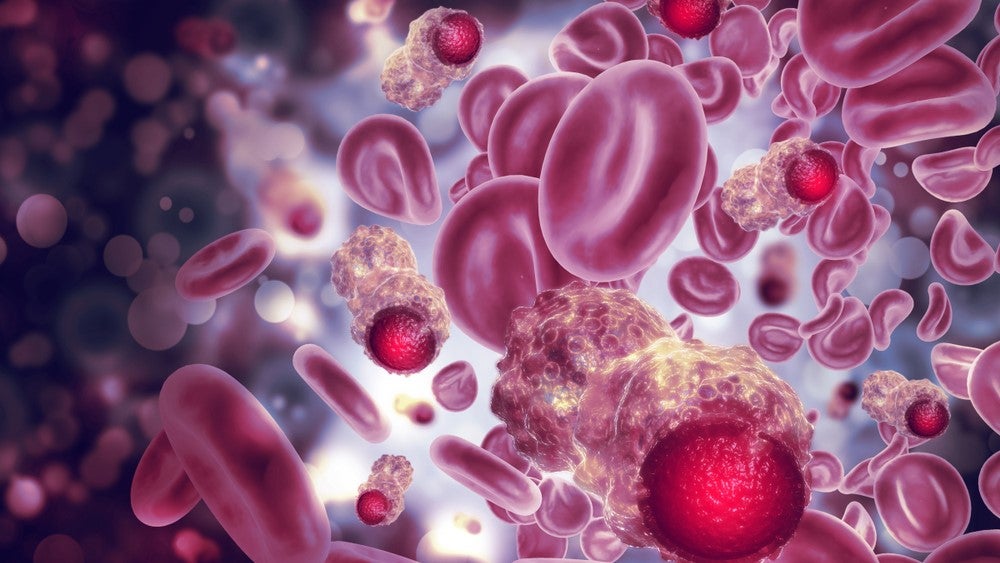Development and Manufacturing of Primary Packaging and Medical Devices
Packaging plays a critical part in the pharmaceuticals and medical devices industries and is developed with its own set of…
Packaging plays a critical part in the pharmaceuticals and medical devices industries and is developed with its own set of security standards for the safety of consumers.
The conceptualisation, development and manufacturing of primary packaging in the pharmaceutical industry require a meticulous and multi-disciplinary approach to ensure that the products meet the highest standards of safety and efficacy.
The role of primary packaging has extended beyond the primary objectives of sterility, physical and chemical protection, and security. The packaging should also offer increased ergonomics to patients and medical personnel, such as ease of extraction of the product from the packaging and directing the user with specific marking and sequence to identify and use multi-component sets.
Explore the top companies in the development and manufacturing of primary packaging and medical devices
Pharmaceutical Technology has listed some of the leading companies in the development and manufacturing of primary packaging for pharmaceuticals and medical devices based on its intel, insights, and decades of experience in the sector.
The list includes companies that offer various solutions and services, including but not limited to primary packaging design and optimisation for pharmaceuticals and medical devices, production process development, customised medical devices development, packaging process validation, sterile barrier packaging, accessories assembly, sterilisation, test stripes packaging, security and connectivity, such as traceability and anticounterfeit, child resistant, tamper evidence, as well as smart packaging solutions, such as near-field communication (NFC) label application, hidden watermarks and augmented reality features.
The list also contains companies providing regulatory services, validations, package design verification testing, quality and microbial testing as well as different products, such as sterile barrier pouches and rigid trays for sterile implants, blister packages, strip packages, vials, ampoules, caps, bottles, desiccants and more.
The information contained within the download document is intended for packaging executives, packaging engineers, medical device product managers, decontamination technicians, packaging technologists, process scientists, plant operators, regulatory experts, quality assurance personnel and any other individual involved in the development and manufacturing for primary packaging and medical devices.
The document contains detailed information on the providers and their product offerings, alongside contact details to aid your purchasing or hiring decision.
Primary packaging materials for pharmaceuticals
Pharmaceutical primary packaging materials are used for a wide range of products, including oral solid dose forms such as tablets and capsules, parenteral products such as injections and infusions, topical products such as creams and ointments, and inhalation products such as sprays and powders. The choice of the primary packaging material for pharmaceuticals is influenced by factors such as the product’s physicochemical properties, stability, route of administration, and regulatory requirements.
With constantly evolving primary packaging pharmaceutical products are being offered with improved safety, efficacy, and convenience to patients and healthcare professionals. Pre-filled syringes, for example, offer numerous advantages over traditional vials and ampoules, while the use of advanced materials, such as cyclic olefin copolymer (COC), for primary packaging provides superior barrier properties and chemical resistance compared to traditional materials.
Technological advancements in the primary packaging of medical devices
The use of the Internet of Things (IoT), such as integrating radiofrequency identification (RFID) in packagings such as prefilled syringes, growth in the implantable device market, and improved efforts for developing counterfeit prevention mechanisms are driving the growth of the medical device packaging market. Furthermore, the rising demand for sustainable packaging solutions is gradually opening a new avenue in the primary packaging market.
Companies are continuously evolving to develop more intelligent and interactive packaging for pharmaceuticals and medical devices, which can effectively communicate between providers and consumers by tracking the package, recording the dosing activity, and proving the prescription information of a patient.
Role of regulatory compliance
Primary packaging can influence the quality, safety, compatibility, traceability and activity of a product, accentuating the role of regulatory affairs, which not only advises on the regulations but also understands and helps in implementing continuous updates during the development of the product.
The primary packaging is subject to stringent regulations, including the EU Medical Device Regulation (MDR), US Food and Drug Administration (FDA) regulations and other regulatory requirements, in different countries.
Regulatory experts help packaging companies in procedural compliance, translating regulatory requirements into actionable items and balancing compliance within the regulatory timeline, failure to which can result in severe consequences.
What's Your Reaction?

































